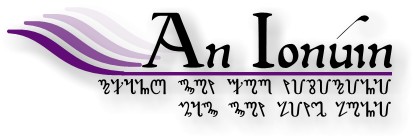![]()



![]()
|
|
|
|
The Theorems of Magick |
|
Dedicated to the Goddess & God. Aphrodite, Morrigan, Ma'at, Kali, Freya, Sekhmet, Bast, Rhiannon, Arianhod, Cerridwen, Isis, Bride, Bast, Vesta, Gaia, Tara, Nuit, Ceres, Selene, Astarte, Ishtar, Lillith, Diana, Hekate, Demeter, Innana, Osiris, Anubis (Anup), Shiva, Pan, The Horned One, Dionysis, Ganesha, Janus, Odin, Woden, Gwyn ap Neith, and all the many others! |